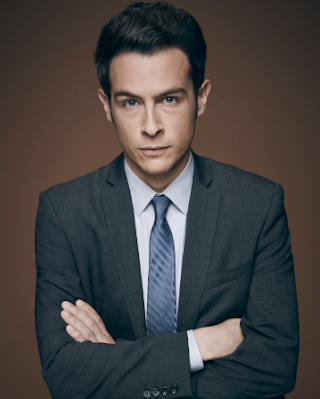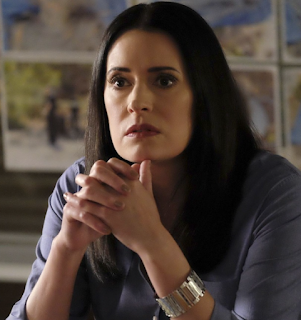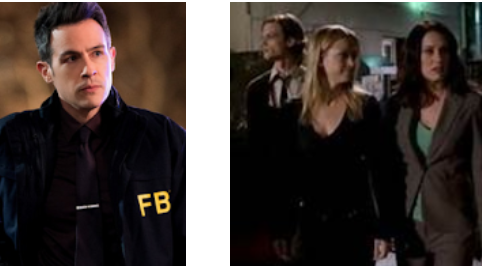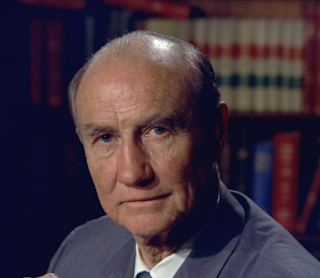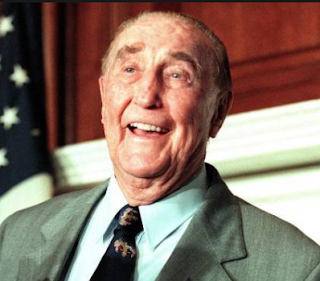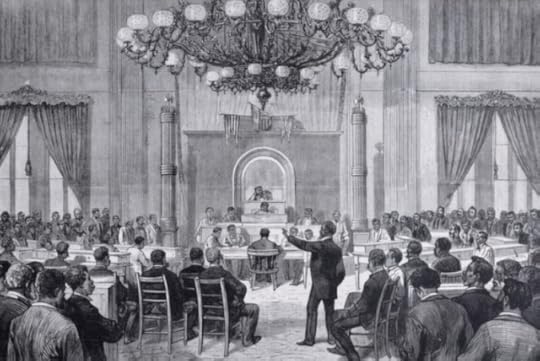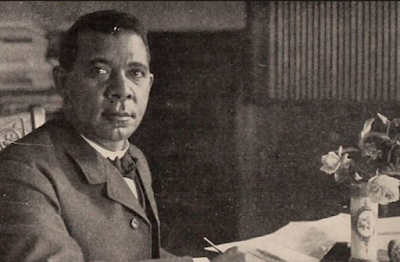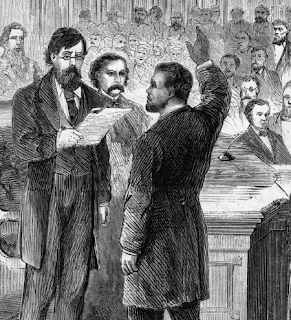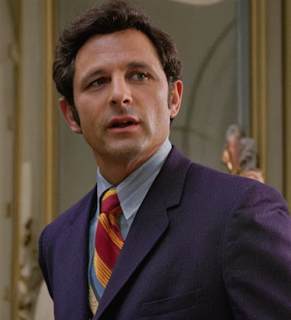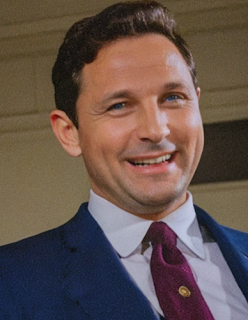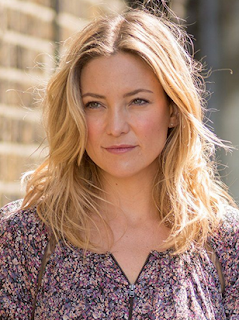Warning: This book and my review contain profanity that might offend some readers.
In this humorous satire, Percival Everett caricatures the preferences of the publishing industry - and the public - who expect books to conform to racial stereotypes. The book was adapted into the movie 'American Fiction'.
*****
Thelonius Ellison (Monk) is a Black novelist and professor at the University of California.
Monk's erudite books seem to target elite scholarly readers. For example, Monk reworked 'The Persians' of Aeschylus and wrote a book in which Aristophanes and Euripides kill a younger, more talented dramatist, then contemplate the death of metaphysics.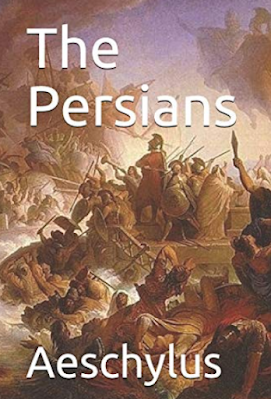
Monk's lofty story ideas are sprinkled through the narrative, and include things like: a retelling of Petronius's 'Satyricon'; a woman gives birth to a six-pound egg; Ernst Barlach and Paul Klee discuss art censorship; Dietrich Eckhart and Adolf Hitler talk about being Judenfressers (persecutors of Jews); and more.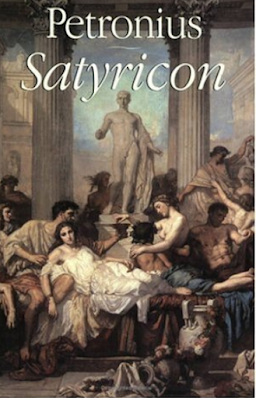
Monk likes to poke fun at innovative writers, and at a conference of the 'Nouveau Roman Society', Monk reads his paper, titled 'F/V: Placing the Experimental Novel'.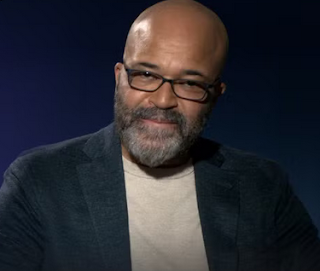
Monk's paper says things like: "S/Z * The title perhaps answers any question before it is raised, making it in some sense an anti-title.....In establishing its own subject, ostensibly Balzac's Sarrasine, it raises the question of whether that text is indeed its subject. And of course it is not".....etc. Monk's paper is long and incomprehensible, and he gets death threats from a furious editor.
In the Ellison family, Monk is something of an outlier. Monk's grandfather and father were physicians, and Monk's brother Bill and sister Lisa are doctors now.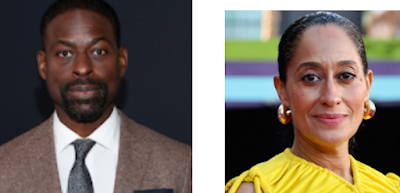
As the book opens, Monk has flown to Washington, D.C., where he grew up, to visit his widowed mother and sister Lisa.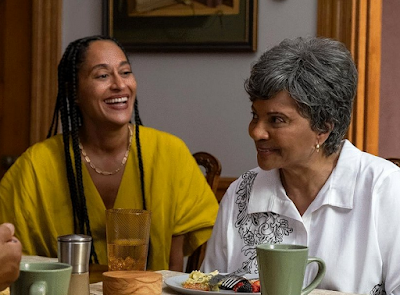
Monk's mother has early signs of dementia, and is largely cared for by her long-time housekeeper Lorraine.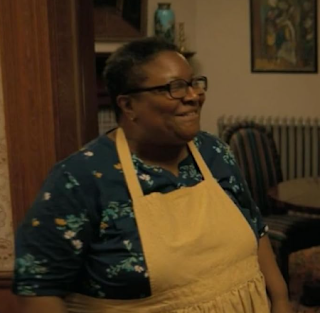
Finances are an issue with regard to Monk's mother, who'll soon need an expensive long-term care facility. Neither Monk nor Lisa has much money, and Bill - who lives in Arizona - recently came out as gay after 15 years of marriage. Bill wife's took him to court and got the kids, the house, the money, everything. In addition, Bill's practice is failing because everyone now knows he's gay, and Bill owes more money than he makes.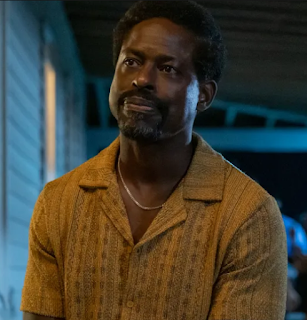
While Monk is in Washington, D.C., he browses through a bookstore and is irate to see his books shelved with 'African American Studies' rather than 'Literature' or 'Contemporary Fiction'. Monk notes, "The only thing ostensibly African American [about my books] is my jacket photograph".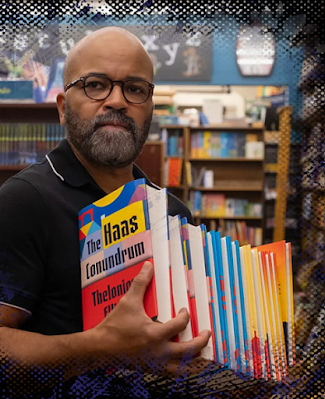
In the bookstore, Monk spots a display for a runaway bestseller titled 'We's Lives In Da Ghetto' by Juanita Mae Jenkins.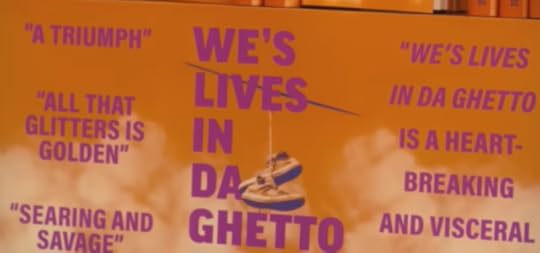
Jenkins is a Black Midwesterner who visited some relatives in Harlem for two days when she was twelve. The opening paragraph of 'We's Lives In Da Ghetto' reads, "My fahvre be gone since time I's borned and it be just me an' my momma an' my baby brover Juneboy. In da mornin' Juneboy never do brushes his teefus, so I gots to remind him. Because dat, Momma says I be the 'sponsible one and tell that I gots to hold things togever while she be at work clean dem white people's house."
The book makes Monk feel sick, and he's horrified to learn it's being called a masterpiece of African American literature, and that it's going to be a movie for which Jenkins got three million dollars.
When Monk is back in California, his sister Lisa is shot dead in her clinic. Monk takes an unpaid leave of absence from his job and moves to Washington, D.C. to help take care of his mother, and to (eventually) find a long-term facility for her.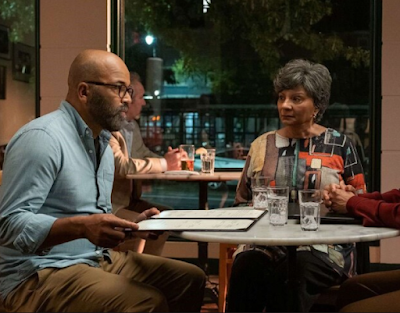
Monk needs an income, but his latest novels can't find a publisher. Monk's frustrated agent Yul says Monk should "forget about writing retellings of Euripides and parodies of French poststructuralists and settle down to write the true, gritty real stories of Black life." Monk doesn't want to compromise his principles though.
After Juanita Mae Jenkins' face appears on the cover of 'Time' magazine, Monk pens a book called 'My Pafology' by Stagg R. Leigh. The ten-chapter novel (all of which is included in Erasure) is about a Black high-school dropout called Van Go Jenkins.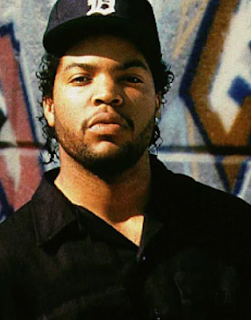
Jenkins introduces himself as follows: "My name is Van Go Jenkins and I'm nineteen years old and I don't give a fuck about nobody, not you, not my Mama, not the man....And what I'm gone do instead of going to work over at that Jew muthafucka's warehouse over on Central is go over to the high school and wait for [my baby] Rexall's mama [Cleona]. She's a dreamer, always talkin about graduatin and goin to the community college and bein a nurse or some shit....she be actin funny a lot, like she think I ain't good enough fo' her ass. Fuck her". Van Go then goes on to trick and seduce Cleona into having sex with him.
In a nutshell, this is the plot of 'My Pafology': Van Go Jenkins - whom everybody calls Go - has four children with four women, and he's always looking to have sex with random women and make more babies. Go can't keep a job; is disrespectful to his Mama; beats up young Black men who show signs of success; hangs out in Fatman's poolroom with his friends Yellow and Tito; wants a gun so he can rob 'that K'rean muthamucka over in the plaza' and a bank; and so on. In short, Go is the stereotypical Black ghetto youth.
Monk insists his agent Yul send 'My Pafology' to publishers with the pseudonym Stagg R. Leigh, and both men are happily shocked when Random House offers $600,000 for the novel.
Yul tells Monk the editor Paula Baderman said 'It's true to life...an important book...magnificently raw and honest...the kind of book that they will be reading in high schools thirty years from now.'
Monk changes the book's title to 'Fuck', and as might be expected, Hollywood mogul Wiley Morgenstein offers three million dollars for the movie rights.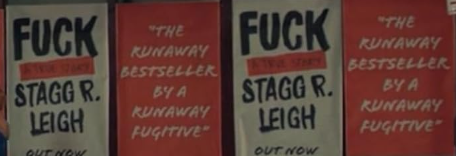

This unexpected success puts Monk in a pickle. He doesn't want to reveal himself as the real Stagg R. Leigh, but Wiley Morgenstein insists on meeting the author, and talk show host Kenya Dunston wants Leigh to promote his book on her program.
Monk manages both appearances 'incognito' but there's more trouble to come. Monk becomes a judge for 'The Book Award' and 'Fuck' is nominated. Ha ha ha ha ha. All this is quite entertaining, as you might imagine.
Actually, 'Erasure' addresses more than the publishing industry. The novel touches on racism; middle-class Black life; sibling rivalry; fishing; carpentry; family relations; and more. Among other things, Monk learns his married father had an affair with an English nurse during the Korean War, and a child was born; and Monk experiences tension with his brother Bill, whose coming out causes problems that Bill deflects onto Monk.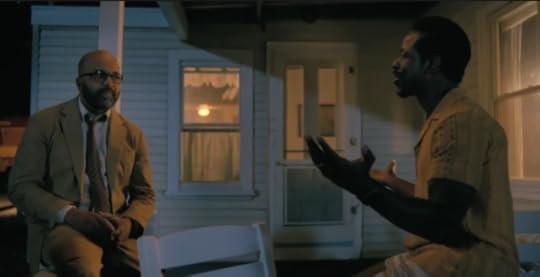
Erasure is an excellent book, as is the film version 'American Fiction' (which actually has a better ending than the novel). I highly recommend both the book and the movie.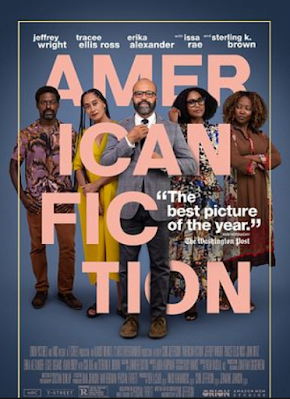
I had access to a digital copy of the book as well as the audiobook, narrated by Sean Crisden, who does an excellent job.
Rating: 4 stars



